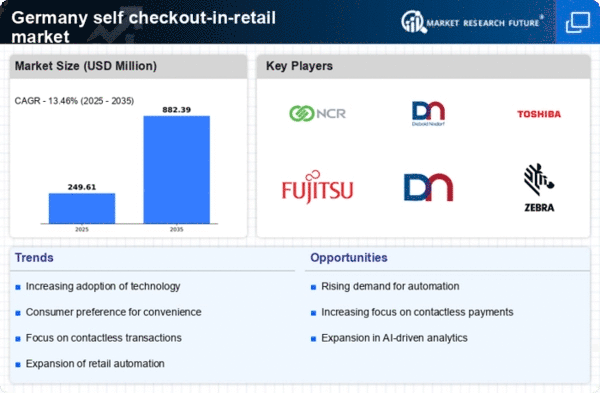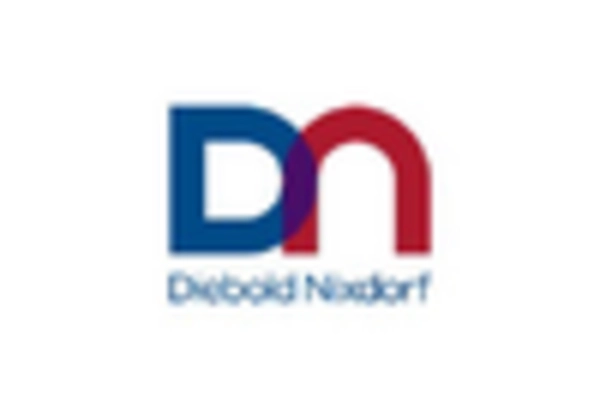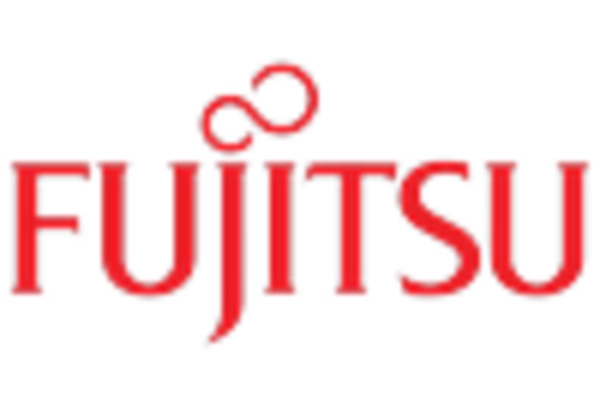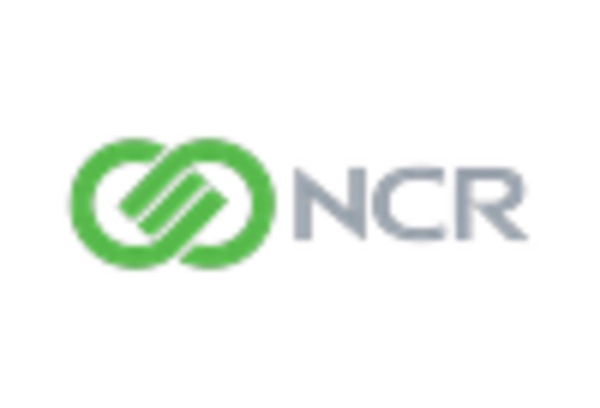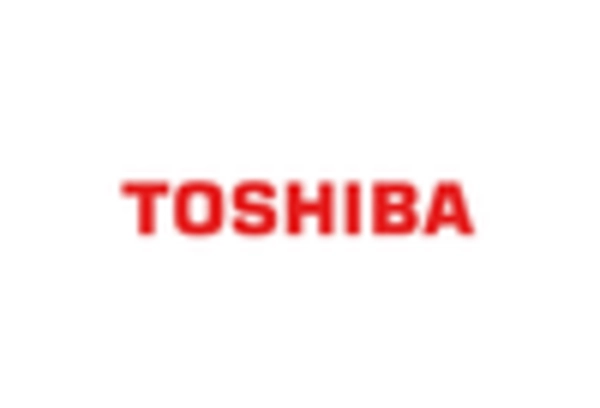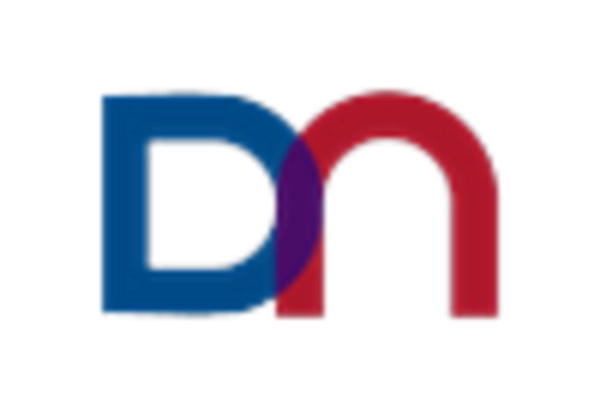Rising Labor Costs
The The self checkout-in-retail market is experiencing a notable shift due to rising labor costs in Germany. As wages increase, retailers are compelled to seek cost-effective solutions to maintain profitability. The integration of self checkout systems allows retailers to reduce the number of staff required at checkout points, thereby lowering operational expenses. In 2025, labor costs in the retail sector are projected to rise by approximately 5%. This trend is prompting many retailers to invest in self checkout technology. Not only does this help in managing costs, but it also enhances the overall shopping experience by reducing wait times. Consequently, the self checkout-in-retail market is likely to expand as more retailers adopt these systems to streamline operations and improve customer satisfaction.
Technological Advancements
Technological advancements play a crucial role in shaping the self checkout-in-retail market. Innovations such as improved scanning technology, mobile payment options, and user-friendly interfaces are enhancing the functionality of self checkout systems. In Germany, the adoption of advanced technologies is expected to increase by 15% in the next few years, as retailers seek to provide seamless shopping experiences. These advancements not only improve transaction speed but also reduce errors, making self checkout a more reliable option for consumers. As technology continues to evolve, the self checkout-in-retail market is poised for significant growth, driven by the need for efficiency and enhanced customer experiences.
Consumer Demand for Efficiency
In the current retail landscape, consumers in Germany are increasingly demanding efficiency in their shopping experiences. The self checkout-in-retail market is responding to this demand by providing faster transaction processes. Research indicates that 70% of consumers prefer self checkout options to traditional lanes, as they allow for quicker purchases and reduced waiting times. This shift in consumer behavior is driving retailers to implement self checkout systems to meet expectations. Furthermore, the convenience of self checkout aligns with the busy lifestyles of modern consumers, making it a preferred choice. As a result, the self checkout-in-retail market is likely to see continued growth as retailers adapt to these evolving consumer preferences.
Shift Towards Contactless Payments
The The self checkout-in-retail market is witnessing a shift towards contactless payment methods, which are becoming increasingly popular among consumers in Germany. This trend is driven by the desire for convenience and safety during transactions. In 2025, it is estimated that contactless payments will account for over 50% of all retail transactions in the country. Retailers are responding by integrating self checkout systems that support various contactless payment options, including mobile wallets and NFC technology. This shift enhances the shopping experience and aligns with consumer preferences for quick and secure payment methods. As a result, the self checkout-in-retail market is likely to expand as more retailers adopt these technologies to meet consumer demands.
Increased Focus on Customer Experience
In the competitive retail environment of Germany, there is an increased focus on enhancing customer experience, which is significantly impacting the self checkout-in-retail market. Retailers are recognizing that providing a seamless and enjoyable shopping experience is essential for customer retention. Self checkout systems are being designed with user-friendly interfaces and features that cater to customer needs, such as multilingual support and assistance options. This focus on customer experience is expected to drive a 10% increase in the adoption of self checkout systems among retailers in the coming years. By prioritizing customer satisfaction, the self checkout-in-retail market is likely to see sustained growth as retailers strive to differentiate themselves in a crowded marketplace.


